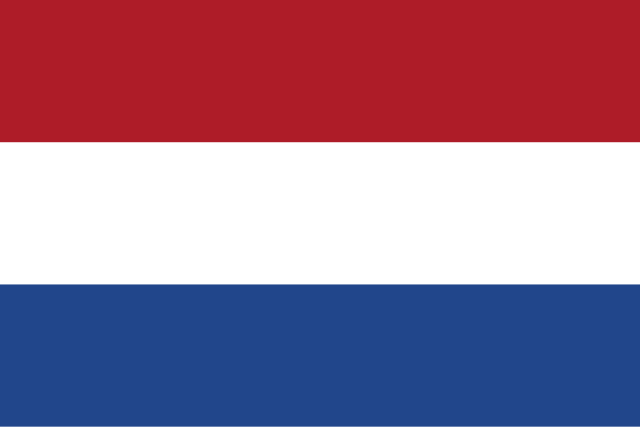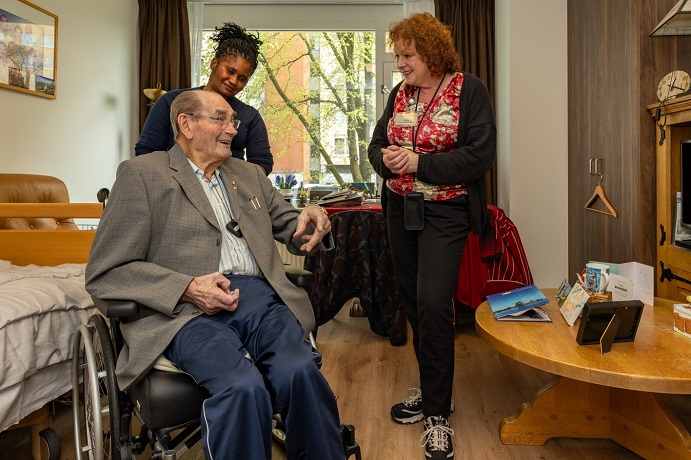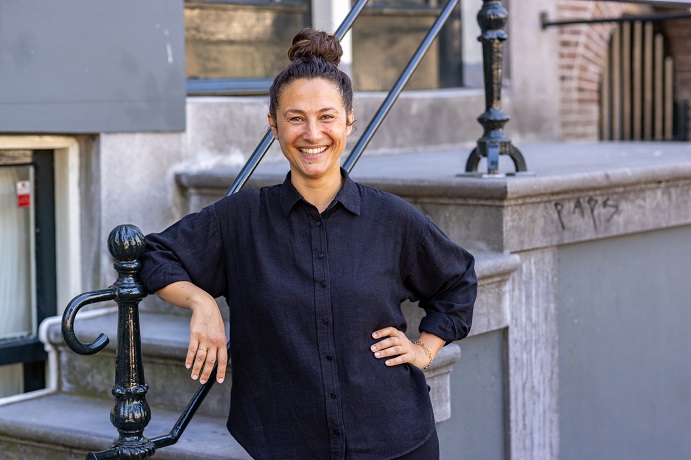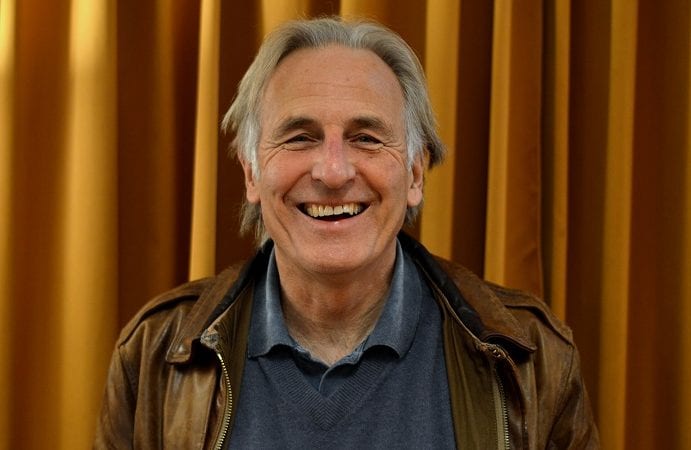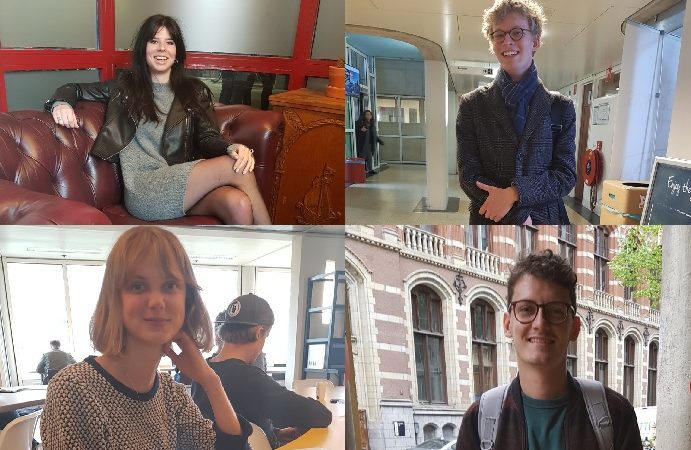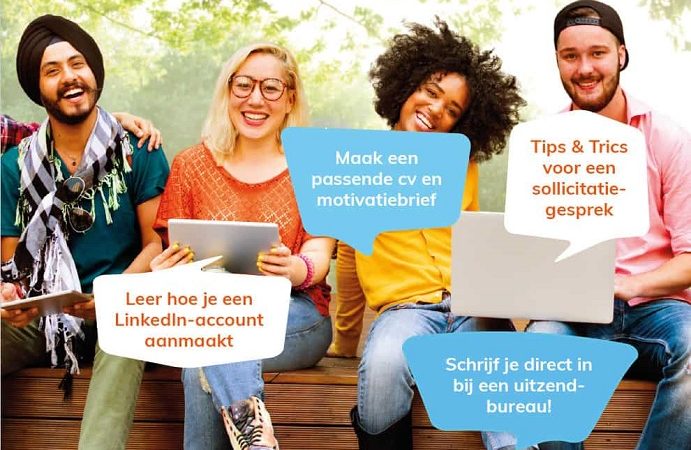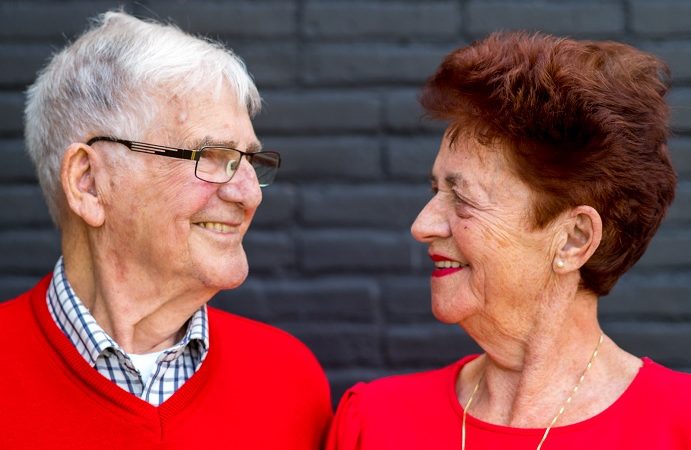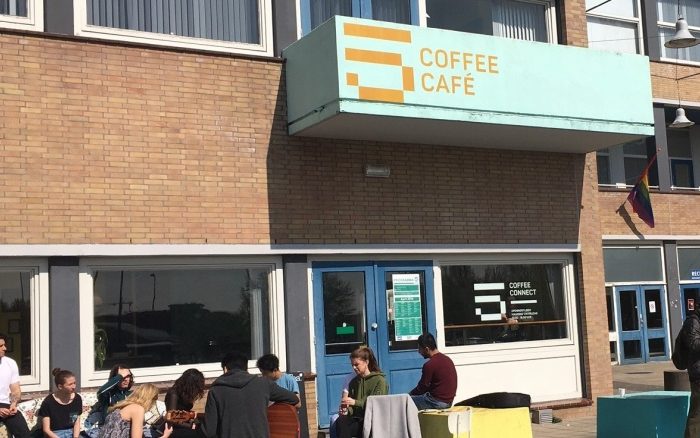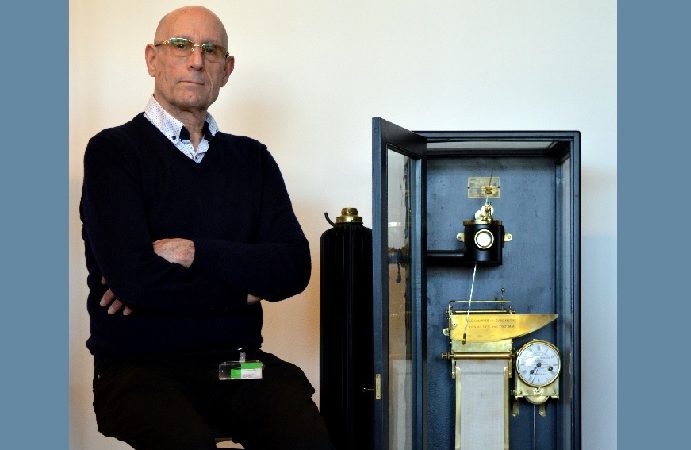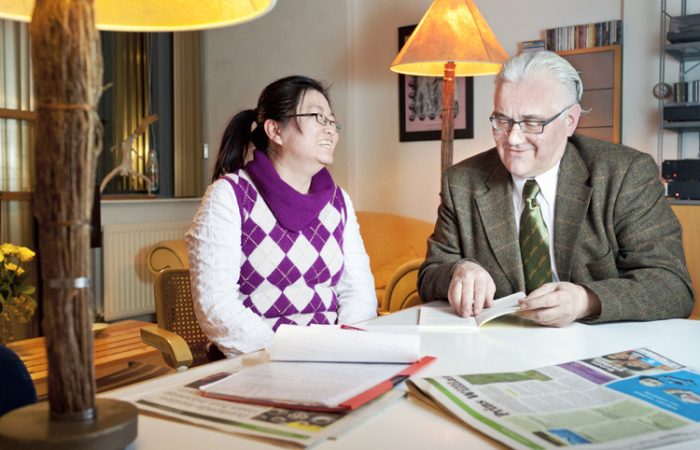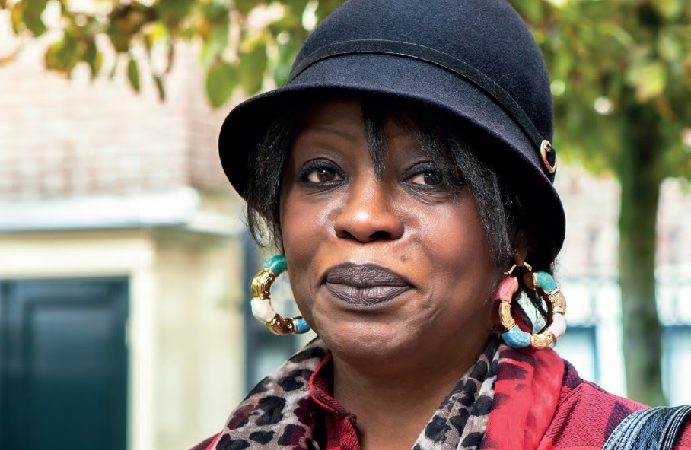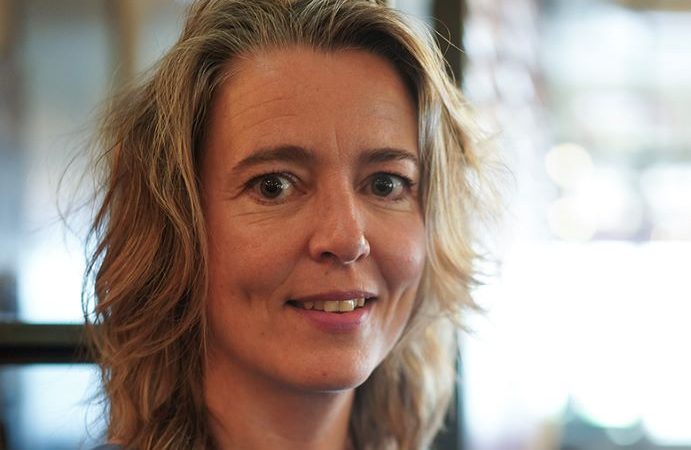Housing association De Samenwerking made three homes in the South available to refugees with official status. Some neighbors took on the role of providing support. Syrian refugee Shams and mentor Harry share their experiences.
At ZGAO, recognized refugees work as volunteers: “Here they can showcase their skills”
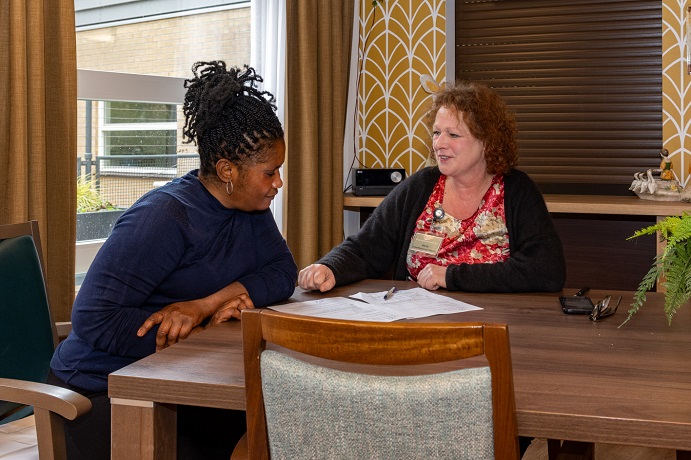
The care for the elderly who can no longer live independently is under pressure. The number of elderly people is increasing, the demand for help seems to be more intense, while there are shortages of staff. Volunteers play an important role in supporting this care. A new group of volunteers contributing to this consists of so-called status holders; asylum seekers with a residence permit. Marty Bosch, volunteer coordinator at Zorggroep Amsterdam Oost, is extremely satisfied with these new volunteers.The recently renovated Open Hof in Slotervaart shines in the spring sun as I arrive by bike. It is the location where the Zorggroep Amsterdam Oost (ZGAO) settled last year to make new construction on Fahrenheitstraat in the east possible. Around 120 residents, for whom independent living is no longer possible, have found a place in this building. They are lovingly cared for, nursed when necessary, and offered the most enjoyable possible way to spend their days.
Volunteers who are active for ZGAO play an important role in this last task. Responsible for the recruitment and coordination of these volunteers is volunteer coordinator Marty Bosch. I have an appointment with her, among other things, to discuss the volunteer work of refugees.
From television to care
In the living room on the fourth floor, where the game of Klaverjas is already set up for later that afternoon, Marty talks about her background and motivation for wanting to do this work. She ended up in healthcare through a special route. After a career in radio and television, she made a change. She delved into nature education, organized parties and cooking workshops for children, and started a community business. Until one day she saw an advertisement for a volunteer coordinator. “I immediately thought, that job is for me. I then quickly got started… I loved it, very nice, super useful work.”
150 volunteers
The situations she faced in her work were not easy for her. What she saw was different from her idea of the ‘old-style nursing home’. Elderly people are moving to nursing homes later and require more and more support and (intensive) care. And this at a time when the healthcare sector is struggling with staff shortages. “That’s why it’s so important to bring in extra manpower,” Marty explains. “Volunteers who try to provide the elderly with a nice afternoon or morning.” Currently, about 150 volunteers are involved in ZGAO’s homes. It is a diverse, mixed group. Sometimes they are people who use volunteering to reintegrate into society, sometimes they get a push from the Employment and Income Service. Marty also sees more and more young people coming in. These are often full-time workers who also like to do something that they find more meaningful, away from the daily ‘rat race’. Marty’s favorite group is retirees, “because their commitment comes entirely from their heart, from themselves.”
Status holders
A relatively new group of volunteers consists of recognized refugees. Marty got in touch with them through the Volunteer Center Amsterdam (VCA), specifically with Jelle Guijt, Project Leader for Recognized Refugees. “He suggested looking among a group of recognized refugees to see if there are suitable volunteers. Then I just said, ‘Let them come by and I’ll listen to the volunteer about why they want to work here.’ I always find it very important that volunteers do something that suits them, so I always ask: ‘What would you like to do, what do you see yourself doing as a volunteer,’ and if they have a good story about it, I will see where I can place them.”
In that sense, Marty does not treat recognized refugees differently from people who have been living here longer. She does not always delve into the backgrounds or any traumas of this group. “Offer them distraction and a place where they can feel at home again and show their qualities, that is important,” Marty says. Currently, there are eight recognized refugees active as volunteers at ZGAO, originating from African countries such as Sudan, Eritrea, and Sierra Leone, as well as from Syria and Turkey.
Marty’s experiences with this group are simply positive. “They are so motivated to integrate, extremely motivated to learn the language, and they really want a place because sometimes they have lost everything.” For recognized refugees, there is also the great advantage that they can practice the language during volunteer work. “Especially with this target group, it is important to articulate very clearly, not to speak too softly, and to look the person you are addressing in the eyes,” Marty knows.
Getting used to it
Residents sometimes need to get used to this new group of volunteers. But usually, the ice is quickly broken. Marty talks about the young man from Uganda who wanted to organize the beauty afternoon as a volunteer. The ladies were a bit surprised at first. But the man is so kind, has so much attention and patience that he is now extremely popular.
As far as Marty is concerned, the status holder is more than welcome. “As long as you are kind and attentive, and you can make the effort to be there for someone else… that is the basis of volunteering.”
At the end of the conversation, Marty emphasizes being very happy with VCA, “a truly very useful organization.” So be it! And then it was time for a game of cards in the living room!
Are you also curious about what status holders within your organization can mean as volunteers? Then contact Jelle Guijt at phone number 06-34030720 or email address.j.guijt@vca.nuHello.Text: Piet Renooy
Image: Marcel Jansen
